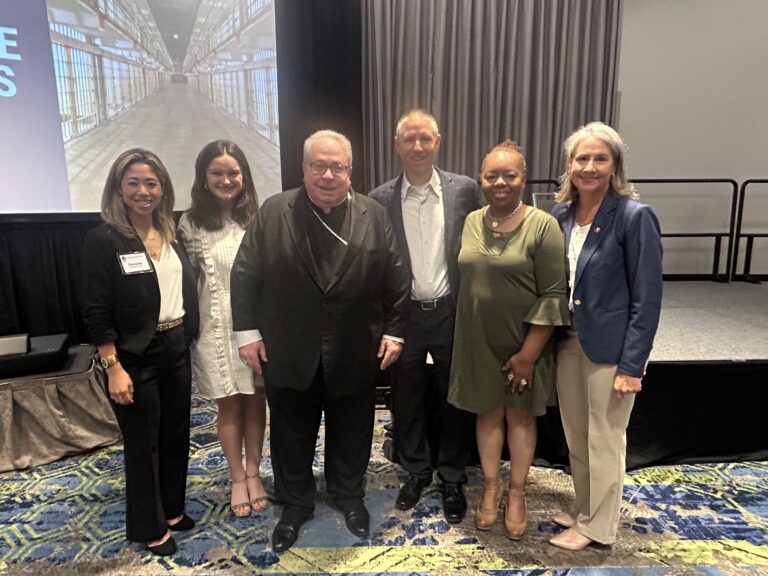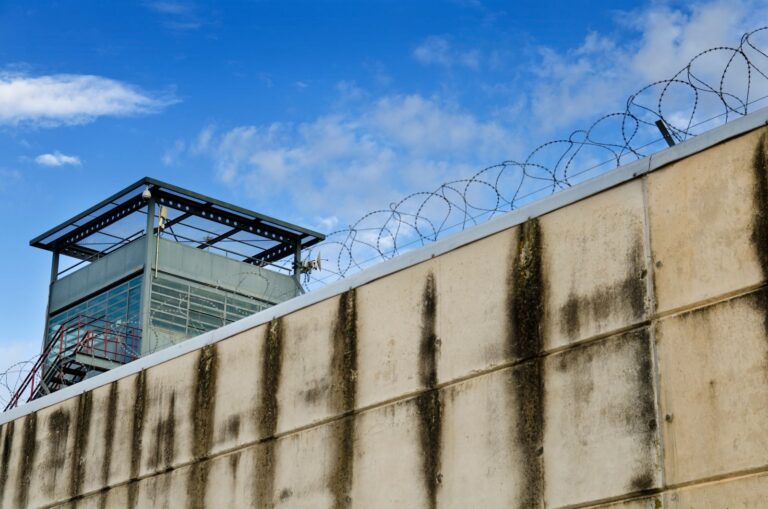News
-
CMN Launches 2024-2025 Impact Report
On the Feast of St. Maximilian Kolbe, OFM Conv. — patron saint of prisoners, families, and the pro-life movement —…
-
Death Penalty Quarterly | July 2025
With a recent uptick in executions and states pursuing the use of capital punishment in new ways, understanding the deeper…
-
Fall 2025 Save the Dates
As we kick off the Summer months, we want to share with you some of the many opportunities to look…
-
June 2025: An Execution-Heavy Month
In the span of three weeks this June, six men were executed by five states: This pace defies years-long trends…
-
Ft. Worth Diocesan Priest Assembly Invites CMN’s Death Penalty Education
In May 2025, CMN staff members Krisanne Vaillancourt Murphy and Emmjolee Mendoza Waters traveled to the Catholic Diocese of Fort…
-
Habemus Papam — Welcome Pope Leo XIV!
Catholic Mobilizing Network joyfully welcomes our new Holy Father, Pope Leo XIV!This moment is historic for many reasons, but certainly…
-
CMN Announces Winners of 2025 Justice & Mercy Poetry Contest
Dozens of young adults ages 18-39 from all across the country entered poems in Catholic Mobilizing Network’s 2025 Justice &…
-
Pope Francis dies at the age of 88
On April 21, Monday in the Octave of Easter, the Holy Father Pope Francis died at the age of 88.…
-
Death Penalty Quarterly | April 2025
The decades-long movement to end the death penalty has experienced ebbs and flows — moments of progress and moments of…
-
March 2025 Experiences Fast Pace of Executions
At the onset of March 2025, seven executions were scheduled, many of them with short notice. Five of those executions…









